Julian Assange shocks Cannes with a powerful protest against Israel’s war in Gaza, wearing a shirt listing the names of 4,986 Palestinian children killed. His appearance fuels a new political wave around global accountability and war ethics.
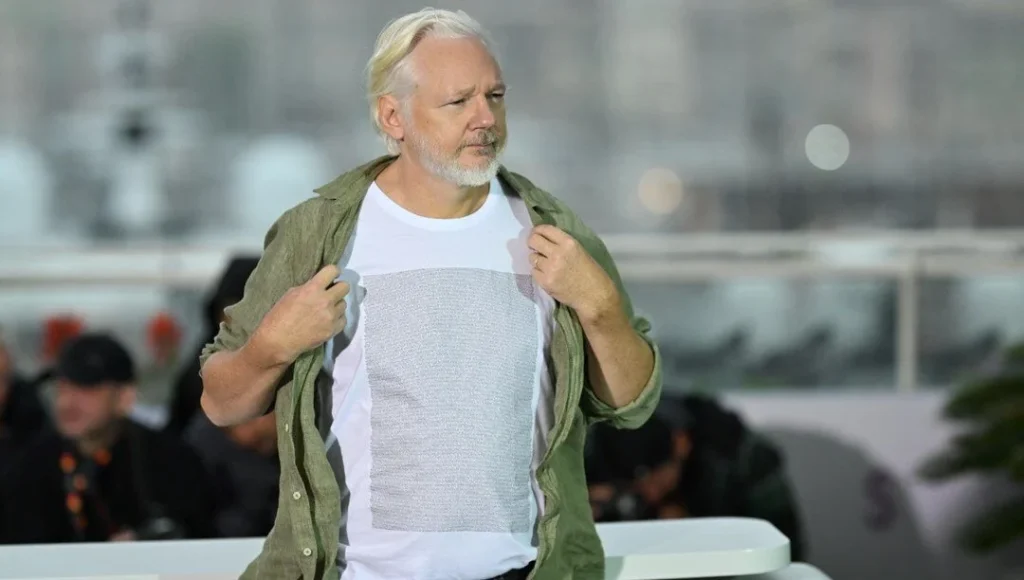
A Symbolic Return to the Global Stage
In a striking and politically charged appearance, WikiLeaks founder Julian Assange made headlines at the prestigious Cannes Film Festival in France. This time, it wasn’t only the premiere of a documentary about his controversial life that drew attention—it was his shirt.
Assange, long a lightning rod for political debate and human rights activism, arrived wearing a T-shirt boldly printed with the names of 4,986 Palestinian children reportedly killed by Israeli military actions in Gaza. It was an image designed not just to provoke—but to demand attention.
A Statement That Couldn’t Be Ignored
The occasion was the screening of “The Six Billion Dollar Man,” a documentary chronicling Assange’s battles against global powers, intelligence networks, and the mainstream media. Yet, the real story wasn’t just on screen—it was worn on his back. Assange carried a sign reading “Stop Israel,” an unmistakable message targeted at a global audience of influencers, media executives, and political elites.
This was not just an act of protest. It was a deliberate, high-profile moment of advocacy. And it did not go unnoticed. Social media erupted. Activists rallied. Diplomats took notes.
Cannes Becomes a Political Battlefield
The Cannes Film Festival, known more for celebrity culture than political confrontation, instantly became a global political platform. Assange’s protest, timed with ongoing global outrage over civilian casualties in Gaza, added fuel to an already tense international conversation.
By bringing the Israeli-Palestinian conflict to the heart of European cultural glamour, Assange reframed the red carpet as a stage for human rights and political accountability. It was not the first time Cannes saw protest, but rarely has one resonated with such calculated symbolism.
Assange’s Message: Targeted, Timely, and Tactical
Observers noted that the names on Assange’s shirt were not random. Each one represented a child. A life lost. A war waged under intense global scrutiny. The shirt became a walking archive of tragedy. A body count carried by a man who has built his legacy exposing governments.
This protest wasn’t impulsive. It was part of a larger strategy to shift focus back to war accountability—both Israel’s role and the international community’s silence.
Political Fallout: A New Chapter in Global Dissent
Assange’s actions have already triggered political ripples. Human rights organizations voiced support. Pro-Israel groups condemned the gesture. And global media split between applause and outrage.
Meanwhile, questions arise: Will Cannes face backlash? Will world leaders comment? Will this become a broader movement among high-profile dissidents and cultural figures?
Assange’s timing was masterful. While world powers negotiate ceasefires and sanctions, a solitary figure stood on French soil, using a shirt as a weapon and a documentary screening as a battlefield.
When Fashion Becomes Protest, and Protest Becomes Politics
What Julian Assange did at Cannes was far more than wear a shirt. He resurrected a style of protest many thought belonged to another era. He turned global attention back to a conflict many want to ignore. And he did it while cameras rolled and the world watched.
Whether you call it activism, extremism, or heroism, the impact is undeniable. The message is out. And the silence of political elites may not hold much longer.

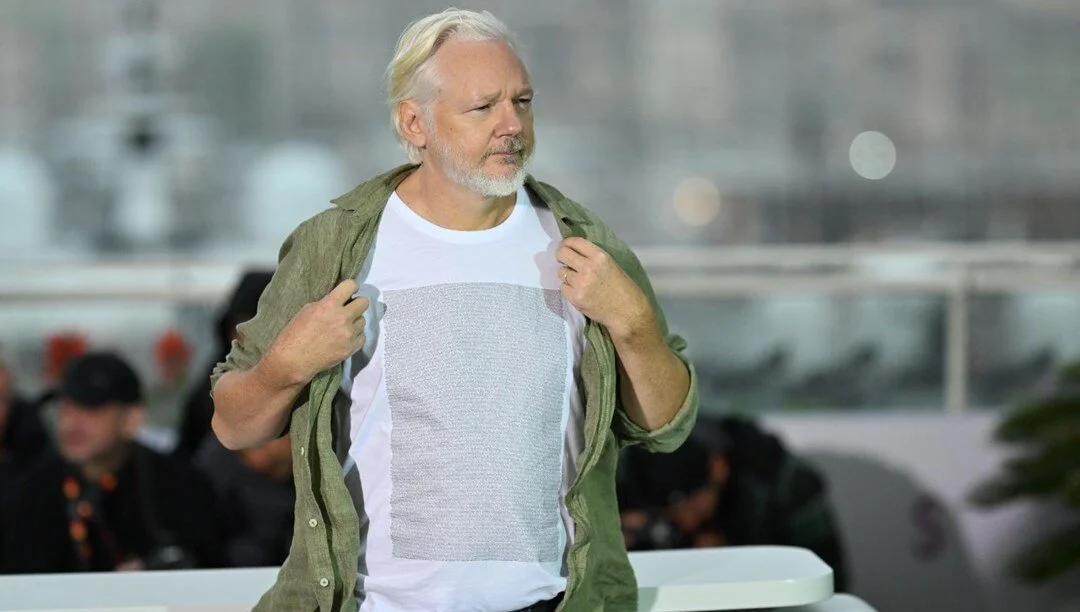
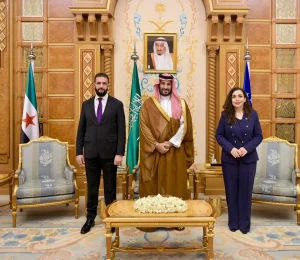
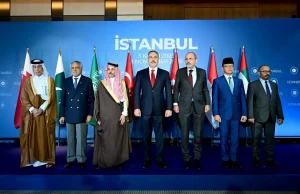
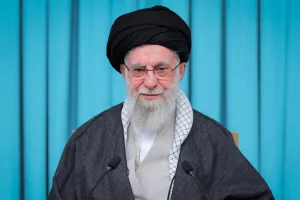
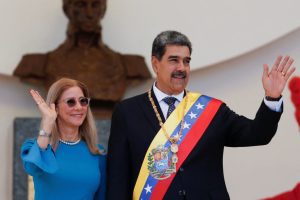
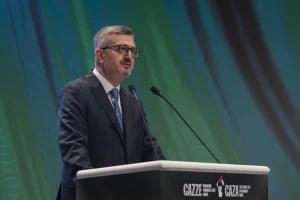
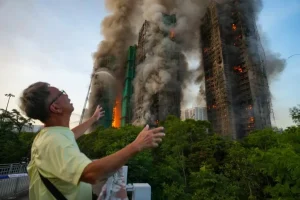
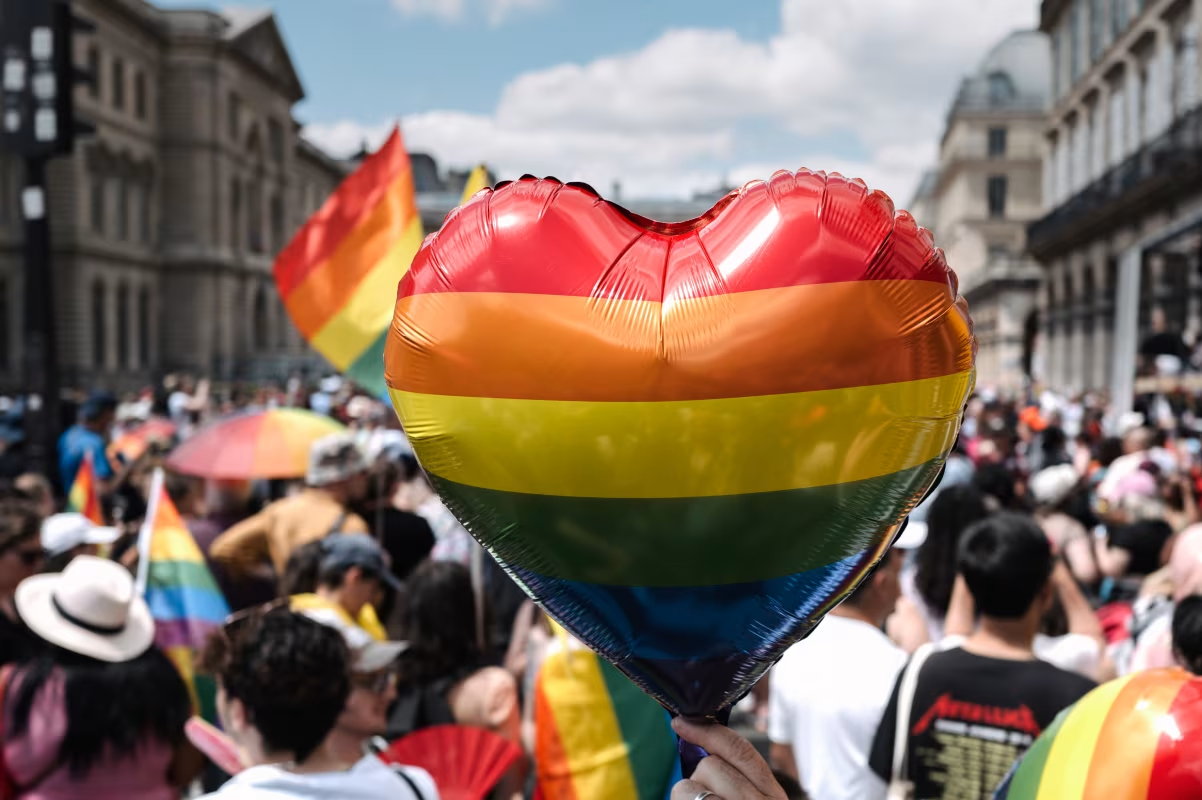

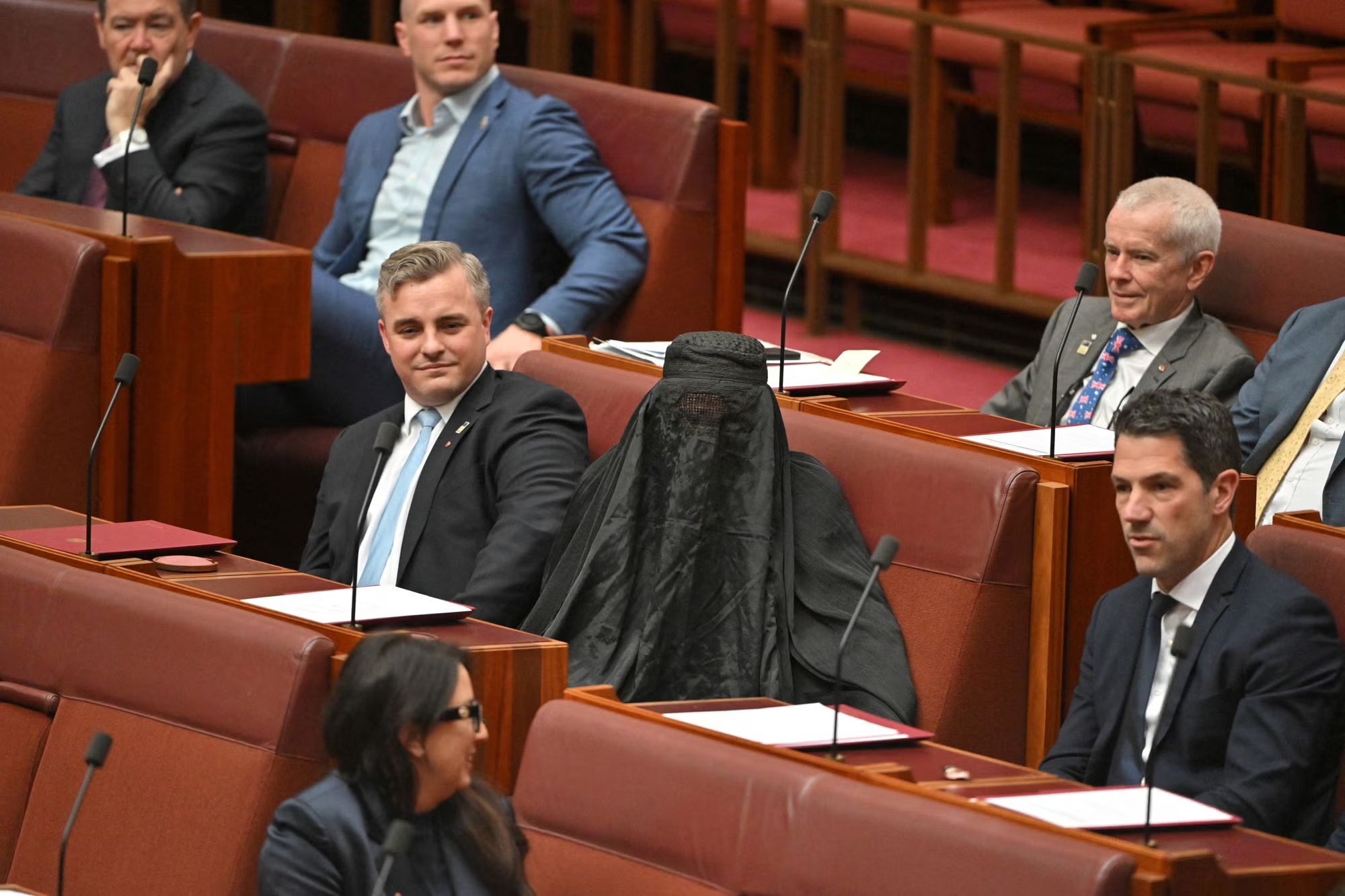
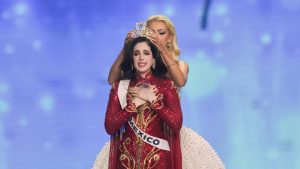
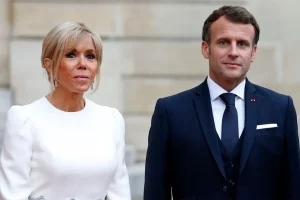
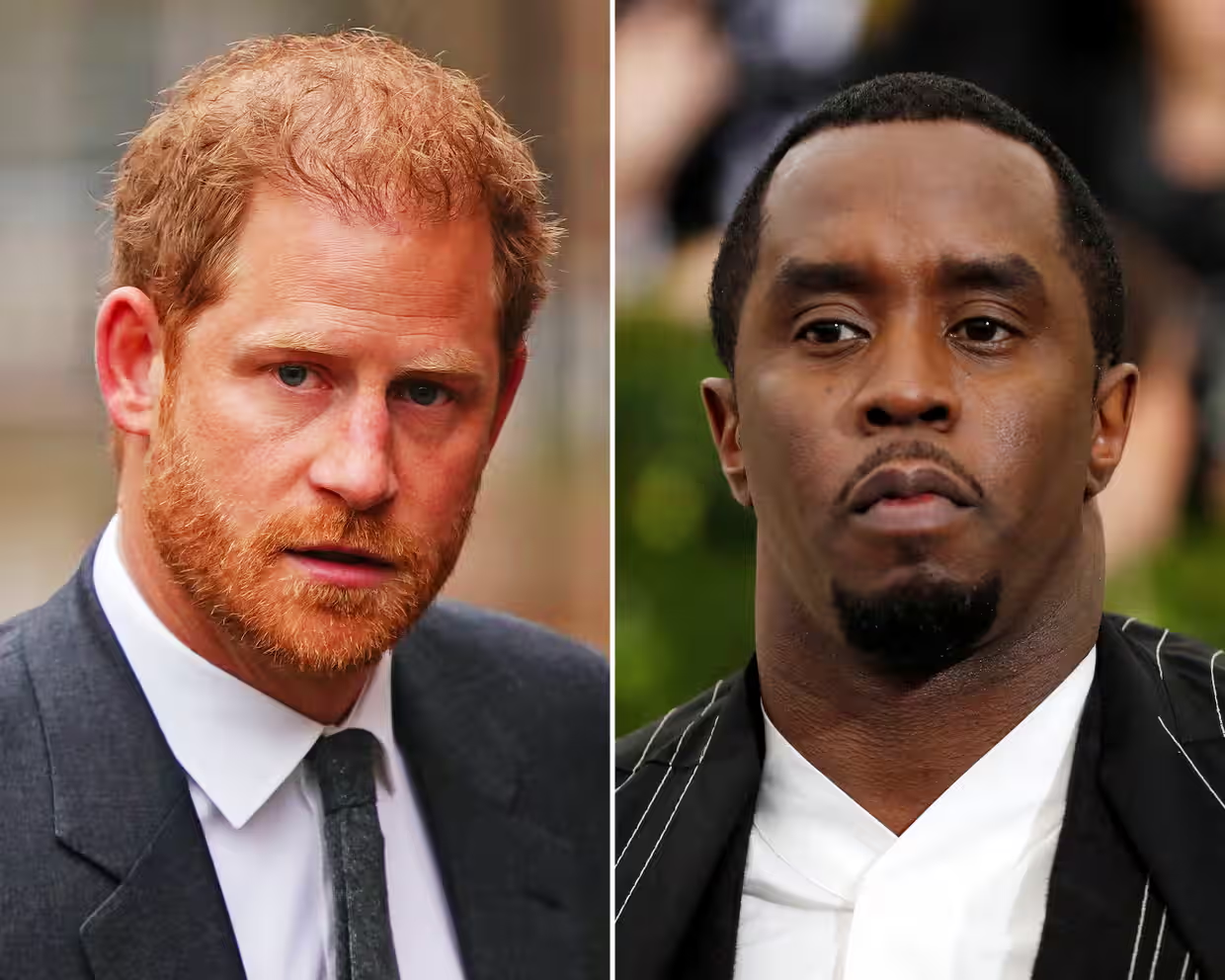
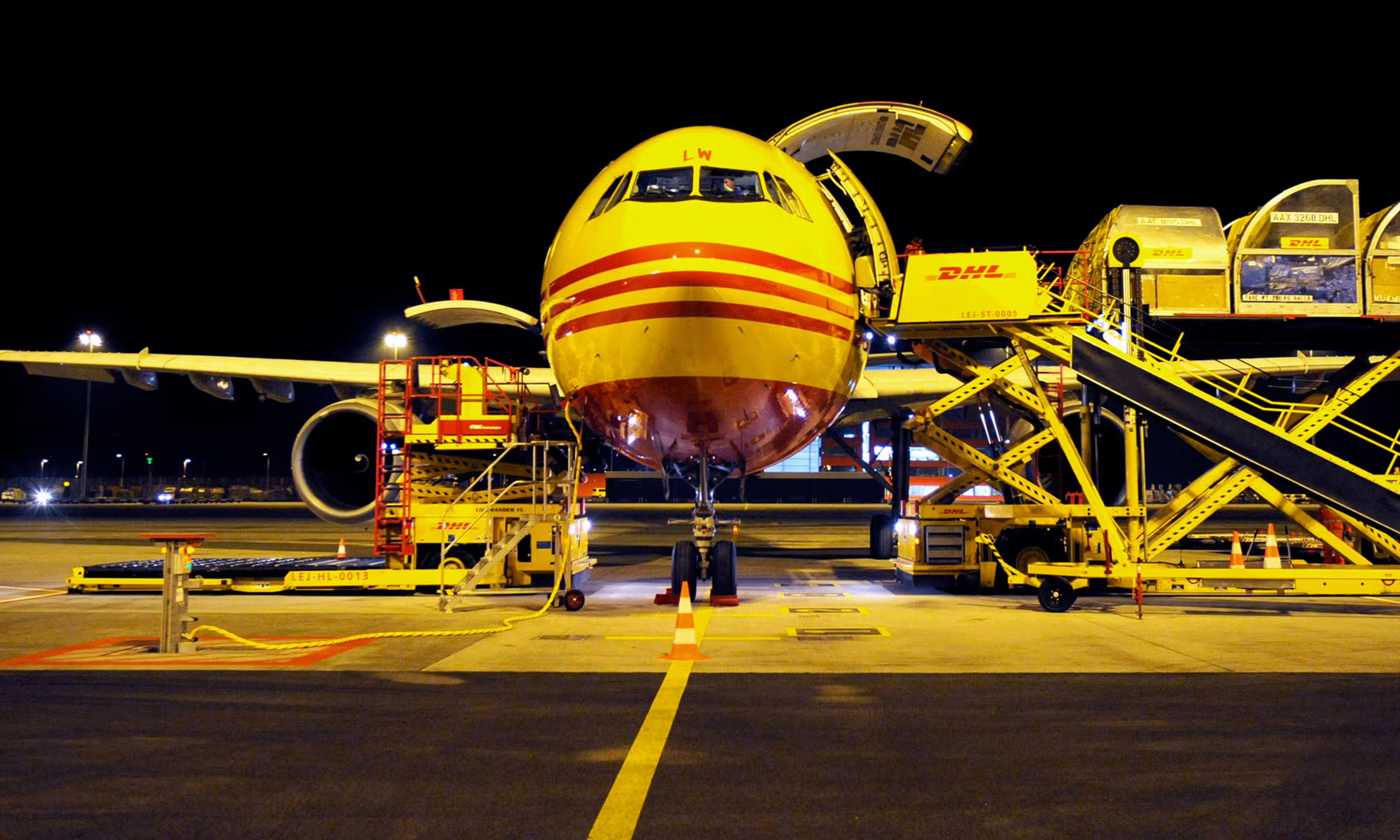

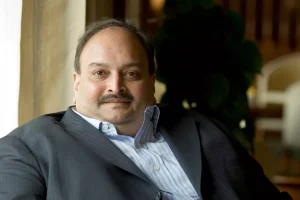
Comments are closed.